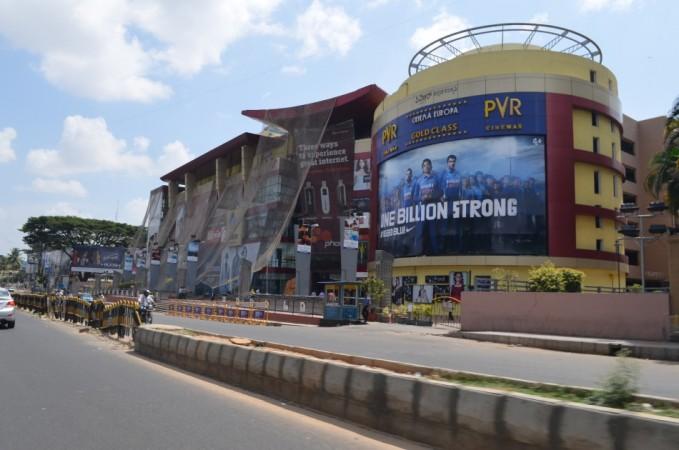
The "Bharat Bandh" called by the National Democratic Alliance (NDA) and other opposition parties against some policy decisions by the central government has not only crippled the normal lives of citizens but also cost the country a whopping ₹125 billion.
Most business establishments across the country remained closed on Thursday owing to the nation-wide bandh called by various political parties protesting the decision of the Congress-led government to allow Direct Foreign Investment (FDI) and a hike in diesel price.
The strike has proved disruptive for business and trade in many parts of the country. While an exact loss for the entire economy is not known, it can be estimated that almost ₹125 billion (₹12,500 crores) is loss incurred in terms of disruptions in production and trade, the Confederation of Indian Industry (CII) release said.
Reiterating that the people of the country will benefit from the economic reforms put forward by the government, the CII said "it is important to communicate to the masses the merit and necessity of the reform measures announced by the Government."
"It is not often that bold measures are announced to take economic reforms to the next level and whenever such announcements have been made, there have been pain felt by many. But the merits of the reforms that were first initiated in the early nineties are there for everyone to see. Irrespective of whichever political party has been in the government since then, the reforms have not been reversed. CII is hopeful that parties across the political spectrum of the country would work to ensure that the economic reforms that are necessary for India are carried out." said Adi Godrej, President, CII.
The Federation of Indian Chambers of Commerce and Industry (FICCI) has also urged the national polity to stand united and strengthen the hands of policy makers to act proactively and decisively to push the country forward.
R. V. Kanoria, FCCI president, expressed his concern over Thursday's strike, saying that it will "result not only in national losses which the nation can ill-afford, but also directly affect mainly the poorer sections of society and daily wage earners."
"We urge the Government to consider proceeding with much needed deeper reforms, as the steps taken in the past week have signaled just a start to a comprehensive reforms process. FICCI understands the burden placed on the common citizen and on businesses, due to the decision of addressing subsidies, but believes that some short term pain will be necessary for long term gain," said Kanoria in a press statement.
"The government should not roll back... It will send a signal that the government is not capable of taking decisions," IANS quoted Kanoria as saying.
Kiran Mazumdar Shaw, Chairperson and Managing Director of Biocon, and Anand Mahindra, chairman of Mahindra & Mahindra, have also expressed their support for the economic reform policies taken up by the government, saying that the people of the country will benefit from it in the future.
The government took a decision on Friday to allow up to 51 per cent Foreign Direct Investment (FDI) in retail sector, 49 per cent FDI in domestic carriers and diesel price hike by ₹5, triggering protest from various political parties.
The decision of the government could result in the fall-out of Trinamool Congress (TMC) from the UPA with Mamata Banerjee giving ultimatum to the government to rollback its recent decision by Friday or face withdrawal of support from her party.
The economic reforms came in light of India's staggering GDP growth which slipped to 5.5 percent from 8 percent in the corresponding period last year.









